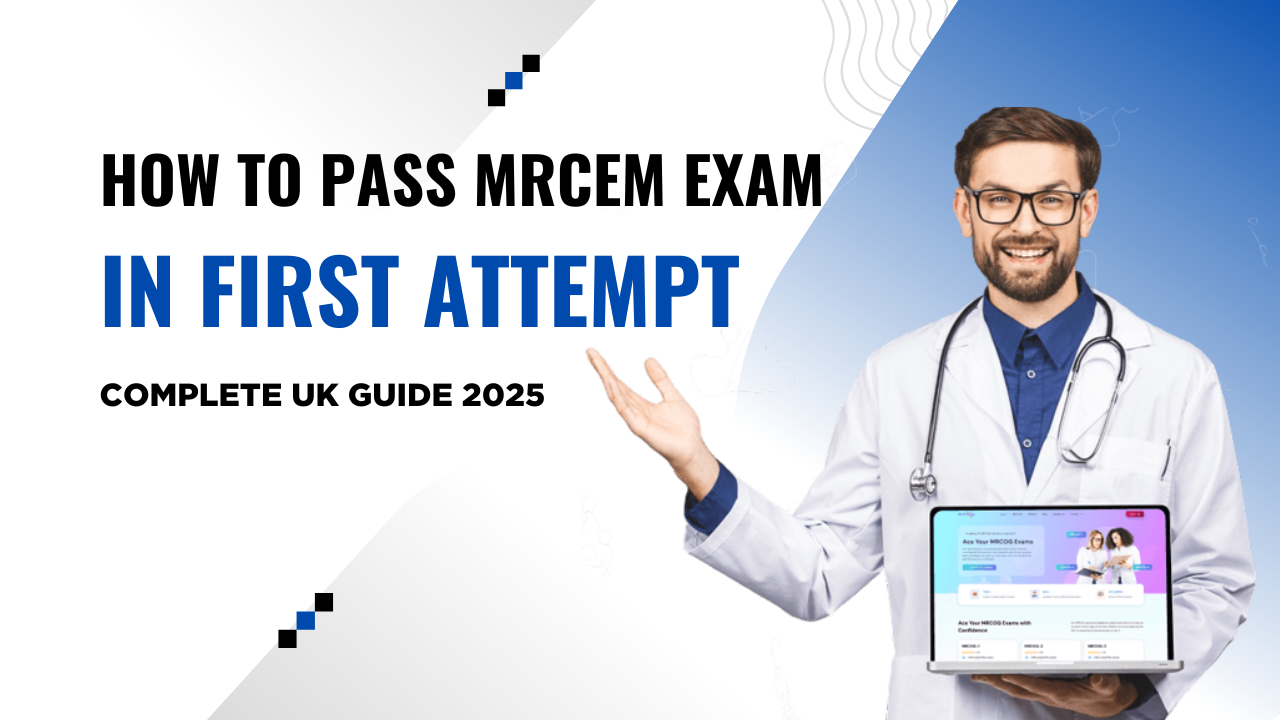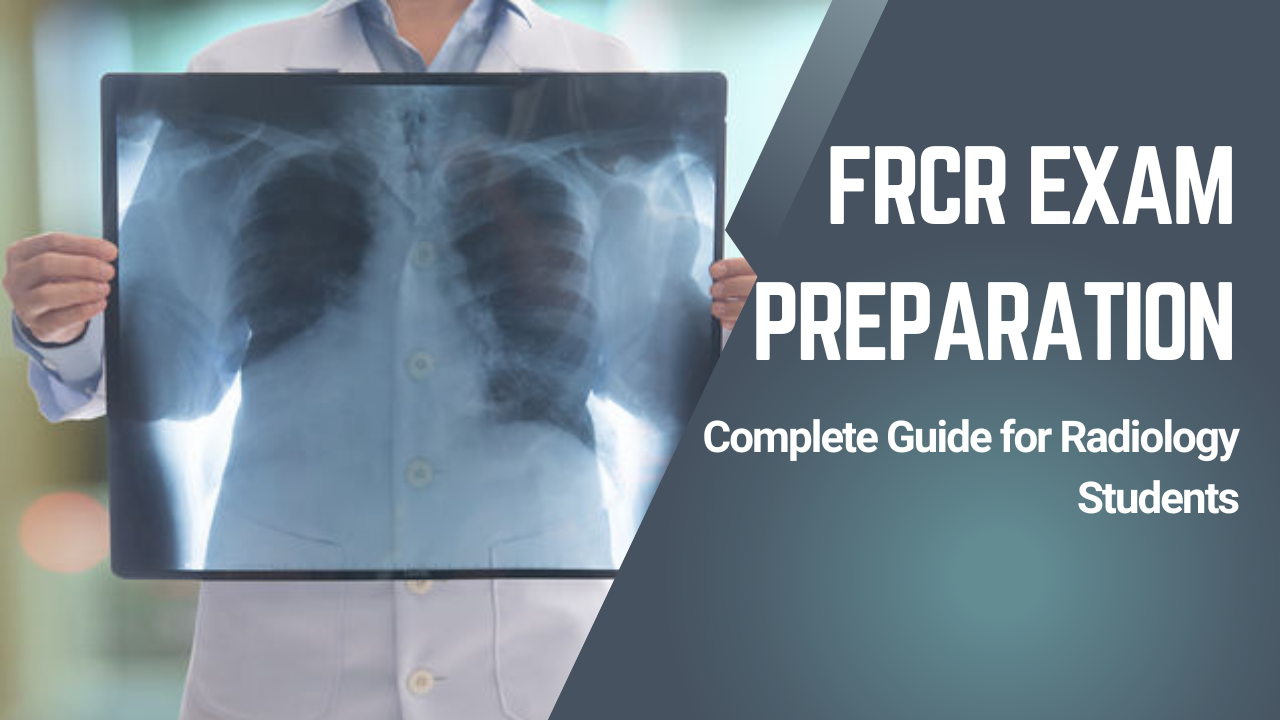The Overseas Registration Exam 2025 UK dentists is a pivotal assessment for dentists who have qualified outside the UK and European Economic Area (EEA) and aspire to practice dentistry in the United Kingdom. Administered by the General Dental Council (GDC), the Overseas Registration Exam 2025 UK dentists ensures that overseas-trained dentists meet the UK’s rigorous standards of dental practice. As of 2025, the ORE continues to be a critical pathway for international dentists seeking GDC registration.
What is the ORE?
The ORE is designed to evaluate the clinical knowledge and practical skills of overseas-qualified dentists. Successful completion of both parts of the ORE grants eligibility for full GDC registration, allowing dentists to practice unsupervised in the UK.
Eligibility Criteria
To be eligible for the ORE:
- Primary Qualification: Your dental degree must be from a university outside the UK/EEA.
- English Language Proficiency: Demonstrate proficiency in English through tests like IELTS or OET.
- Application Process: Submit an online application to the GDC and pay the application processing fee of £96.
ORE Part 1: Theoretical Examination
Structure
Part 1 comprises two computer-based papers:
- Paper A: Clinically applied dental science and human disease.
- Paper B: Clinical dentistry, including law and ethics, and health and safety.
Content
Both papers assess knowledge in areas such as:
- Oral and maxillofacial surgery
- Restorative dentistry
- Periodontology
- Orthodontics
- Paediatric dentistry
- Dental public health
- Dental law and ethics
Preparation Tips
- Study Resources: Utilize resources like the Oxford Handbook of Clinical Dentistry and question banks tailored for the ORE.
- Study Plan: Develop a structured study plan, allocating time to each subject area.
- Practice Exams: Engage in mock exams to familiarize yourself with the question format and time constraints.
ORE Part 2: Practical Examination
Structure
Part 2 assesses clinical skills through four components:
- Dental Manikin (DM): Performing restorative procedures on a dental manikin.
- Objective Structured Clinical Examination (OSCE): Stations testing various clinical scenarios.
- Diagnostic and Treatment Planning (DTP): Assessing the ability to diagnose and plan treatment.
- Medical Emergencies (ME): Demonstrating competence in managing medical emergencies in a dental setting.
Preparation Tips
- Clinical Practice: Regularly practice restorative procedures and clinical scenarios.
- OSCE Simulations: Participate in OSCE mock sessions to improve time management and clinical reasoning.
- Emergency Drills: Conduct drills for medical emergencies to enhance response times and decision-making.
Exam Dates and Booking
In 2025, the GDC has scheduled multiple sittings for both Part 1 and Part 2 of the ORE. Booking opens approximately eight weeks in advance. Given the high demand and limited availability, it’s crucial to monitor the GDC website for announcements and book your slot promptly.
Costs Involved
- Application Processing Fee: £96 (non-refundable).
- Examination Fees: Varies; refer to the GDC website for the most current information.
- Preparation Costs: Expenses for study materials, courses, and mock exams.
Recommended Study Materials
- Oxford Handbook of Clinical Dentistry: Comprehensive coverage of clinical topics.
- Dental Decks: Flashcards for quick review.
- Past Exam Papers: Practice with previous ORE questions.
- Online Courses: Enroll in ORE preparation courses offered by institutions like Smile Dental Academy and Desire2Study.
Training Courses and Resources
Several institutions offer preparatory courses for the ORE:
- Smile Dental Academy: Provides online and face-to-face courses tailored for the ORE.
- Desire2Study: Offers comprehensive resources, including study plans and mock exams.
- UK Dental Exams: Provides a list of study materials and guidance for ORE/LDS preparation.
Tips for Success
- Consistency: Dedicate regular time to study and practice.
- Peer Support: Join study groups to exchange knowledge and experiences.
- Stay Updated: Regularly check the GDC website for updates on exam dates and requirements.
- Self-Care: Maintain a healthy balance between study and rest to prevent burnout.
After Passing the ORE
Upon successful completion of both parts of the ORE:
- GDC Registration: Apply for full registration with the GDC.
- NHS Employment: Explore opportunities to work within the NHS or private dental practices.
- Continued Professional Development: Engage in CPD activities to maintain and enhance your skills.
Final Thoughts
The Overseas Registration Exam 2025 UK dentists is a challenging yet achievable pathway for overseas-trained dentists aiming to practice in the UK. With diligent preparation, the right resources, and a structured approach, success in the Overseas Registration Exam 2025 UK dentists is within reach. Stay committed, seek support when needed, and take proactive steps towards your goal of GDC registration.
FAQs
1. What is the Overseas Registration Exam (ORE)?
The ORE is an exam for dentists qualified outside the UK/EEA to demonstrate clinical knowledge and skills required to practice dentistry in the UK.
2. Who is eligible to take the ORE in 2025?
Overseas-qualified dentists with a recognized dental degree and proven English proficiency (IELTS or OET) can apply for the ORE.
3. What is the structure of ORE Part 1 and Part 2?
Part 1 is a theoretical exam with two papers covering dental science and clinical dentistry. Part 2 is practical, including manikin work, OSCEs, treatment planning, and medical emergencies.
4. How can I prepare effectively for the ORE 2025?
Use recommended study materials, join online or in-person ORE courses, practice clinical skills, and attempt mock exams to improve speed and accuracy.
5. How much does it cost to take the ORE in the UK?
Application fees start at £96, with separate examination fees for Part 1 and Part 2. Additional costs include study materials and preparation courses.
6. What happens after passing the ORE?
After passing both parts, dentists can apply for full GDC registration in the UK, work in NHS or private practices, and continue professional development.






